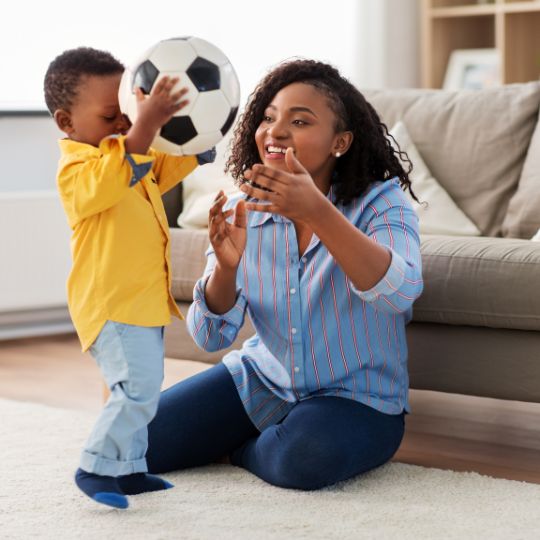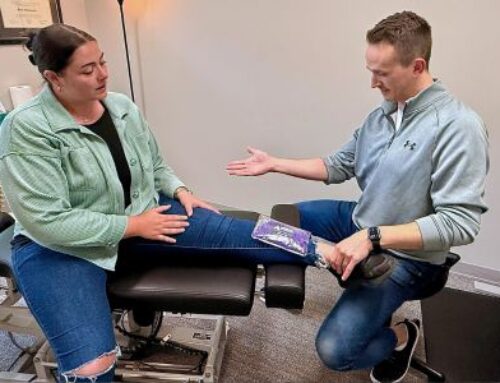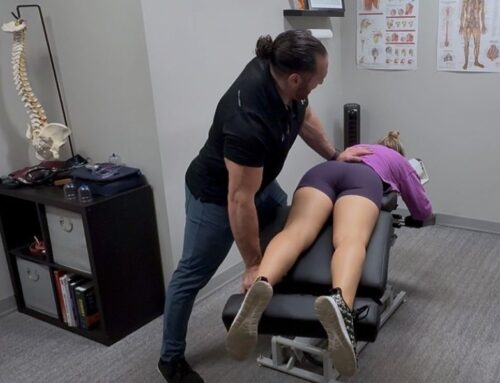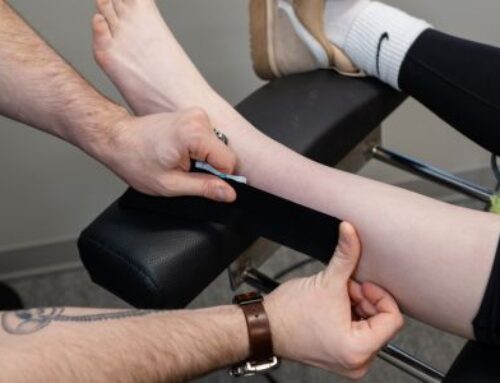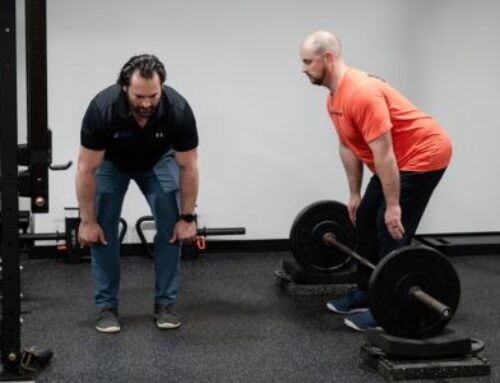Infants playing in the standing position is often overlooked as a milestone but it is very important for their development. As parents, we eagerly watch our infants reach various milestones, from their first smile to their initial attempts at crawling and walking. While crawling is an essential stage in a baby’s development, so is the act of playing in the standing position. This milestone holds significant importance in an infant’s physical and cognitive development. In this blog post, we will explore the reasons why playing in the standing position is crucial for infants and how it contributes to their overall growth and development.
Strengthening of Core Muscles:
When an infant stands and bears weight on their legs, it engages their core muscles, including the abdominal and back muscles. This is vital for developing the strength and stability needed to support their body in an upright position. Standing play sessions provide an opportunity for infants to exercise these muscles, leading to improved balance and posture as they grow.
Development of Lower Body Strength:
Playing in the standing position allows infants to put weight on their legs and feet, encouraging the development of their lower body muscles. As they push against the ground and attempt to maintain their balance, their leg muscles are strengthened, which eventually contributes to their ability to crawl, walk, and even run.
Enhancing Bone Health:
Weight-bearing activities, like standing, have a positive impact on bone health. When an infant stands and puts pressure on their bones, it stimulates bone growth and density, making them stronger over time. This is especially crucial during the early years when bone development is at its peak.
Promoting Sensory Exploration:
Playing in the standing position provides a different sensory experience for infants. They can see the world from a higher vantage point, which enhances their visual perception and cognitive skills. Being upright also allows them to use their hands freely to touch and interact with objects in their surroundings, promoting tactile exploration.
Fostering Spatial Awareness:
Standing play sessions enable infants to better understand their body in relation to the surrounding environment. As they try to maintain their balance and explore their surroundings from a vertical perspective, they develop spatial awareness and proprioception—the sense of where their body is in space.
Encouraging Interaction and Socialization:
When infants play in the standing position, they often seek support from parents or caregivers. This interaction creates bonding moments and fosters a sense of security and trust in the infant’s mind. As parents provide support during standing play, it encourages social and emotional development as well.
Preparing for Future Milestones:
Playing in the standing position serves as a stepping stone for future milestones like cruising along furniture and eventually taking those first independent steps. The strength, balance, and coordination developed during standing play sessions lay the foundation for these more advanced motor skills.
Building Confidence and Independence:
As infants learn to stand and explore their environment from an upright position, they gain confidence in their abilities. Each successful attempt at maintaining balance and standing independently boosts their self-assurance, fostering a sense of independence and achievement.
Playing in the standing position is an essential and often overlooked aspect of an infant’s development. From strengthening core muscles and lower body strength to promoting bone health and sensory exploration, standing play sessions contribute to various aspects of an infant’s physical and cognitive growth. Moreover, it lays the groundwork for future milestones, such as crawling and walking. As parents and caregivers, we can encourage and support our infants during these standing play sessions, providing a safe and nurturing environment for them to explore and learn. Embracing and celebrating each stage of an infant’s development, including standing play, can lead to a more confident, independent, and physically capable child in the long run.
If you have any questions, you can email me at [email protected] or book an appointment for your little one HERE.

